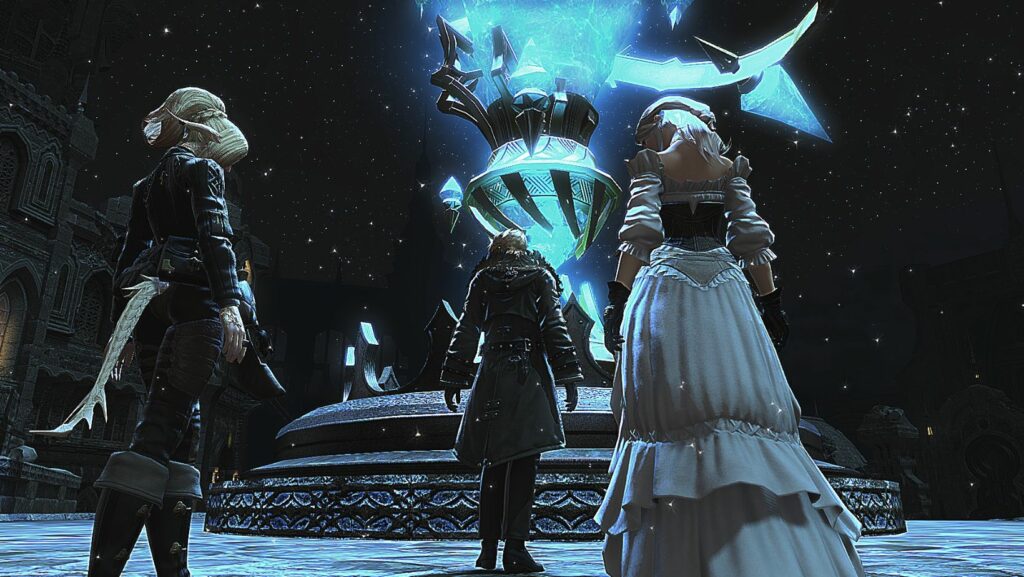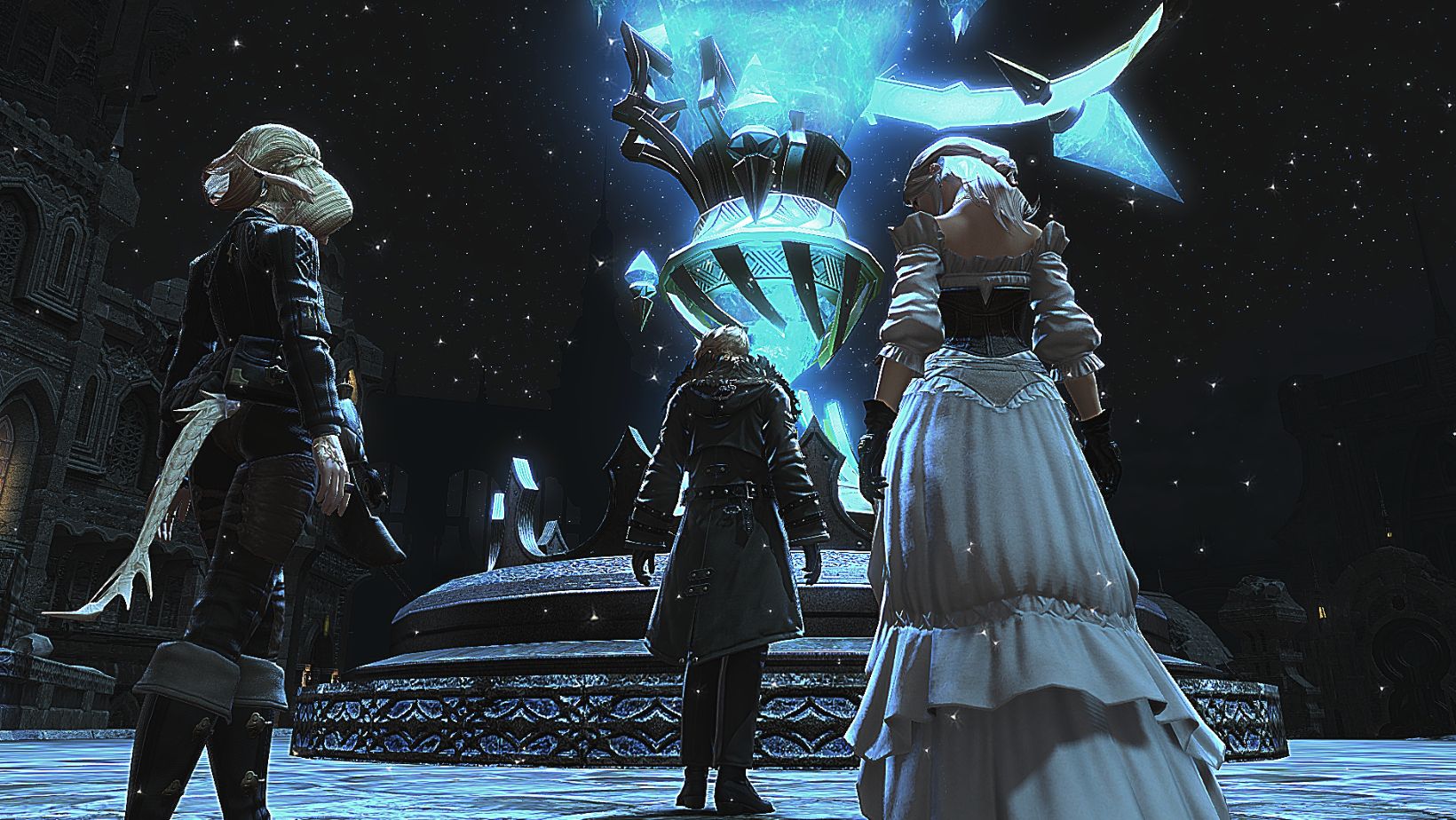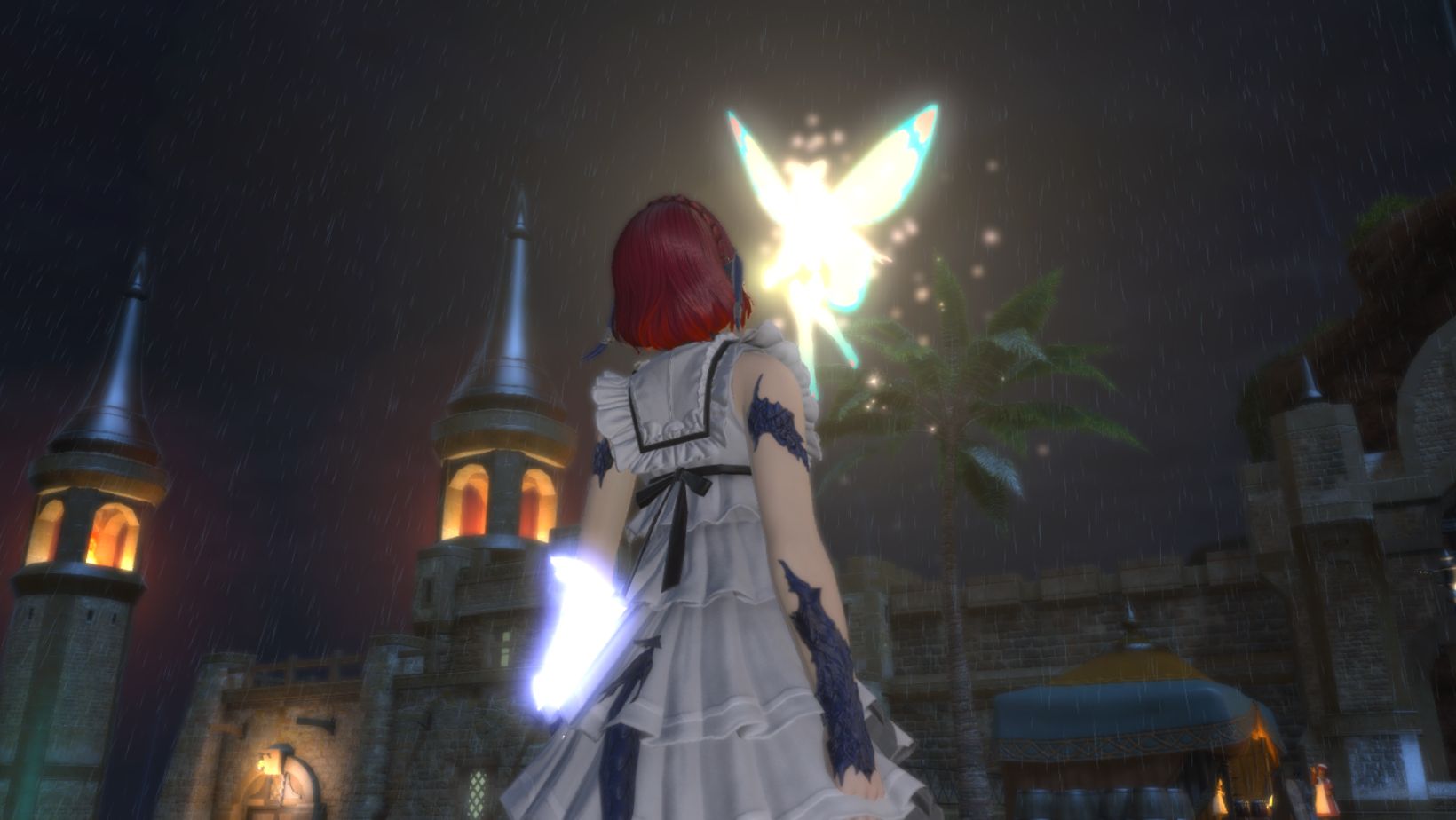

Many areas of games and their genres receive the most diverse development, depending on the country in which they are produced. Everywhere has its own heritage. This, of course, applies not only to games but also to cinema, literature, and even things like online casino mastercard. Everywhere has its own rules and trends, but online games in Japan and in the West have become an image and an example of how a product can develop in parallel and be completely different.
Western MMORPGs such as World of Warcraft and Guild Wars have historically focused on a 3D game world where players can move and explore freely. This was one of the main aspects that distinguished Western games. Gameplay generally focused on completing tasks, group combat, and character building. The PvP (Player vs. Player) elements were also very important in Western MMORPGs.
Japanese MMORPGs such as Final Fantasy XIV and Phantasy Star Online featured a more rigorous and focused approach to gameplay. Often they offered more linear and story-driven gameplay. In addition, Japanese MMORPGs had a greater focus on socialization and cooperative play.
First Steps Into the World of MMORPG
The first MMORPGs in the West, such as Ultima Online and EverQuest, grew out of the tradition of tabletop RPGs such as Dungeons & Dragons. These games emphasized player freedom and a multiplayer aspect, allowing players to interact with each other in large open worlds. They focused on creating complex economic and social systems and also gave players the freedom to choose goals and methods to achieve them.

Major influences on the development of Western MMORPGs included the craze for tabletop role-playing games and the desire to create more realistic and immersive virtual worlds. This led to an increased emphasis on the freedom of the players and their ability to influence the game world. The developers prioritized the creation of large, complex, and dynamic game worlds where players could truly feel like part of a virtual society.
On the other hand, early Japanese MMORPGs such as Ragnarok Online and Final Fantasy XI were more linear and story-driven. They preferred to manage the game by taking the players into carefully planned plots and presenting them with specific challenges and obstacles. These games also emphasized elements of cooperation and communication, encouraging players to play together.
Japanese MMORPGs, on the other hand, were heavily inspired by Japanese role-playing games (JRPGs) such as the Final Fantasy and Dragon Quest series. This influenced their story-driven approach and emphasis on characters and their development. In addition, the social aspects of Japanese society, such as collectivism and interdependence, are reflected in their approach to MMORPG development, where players are often encouraged to work together and maintain close social bonds within the game.
Graphics and Design
Western MMORPGs often choose a realistic or semi-realistic graphic style, reflecting the preferences of Western audiences. They also prefer darker and more serious tones in their stories and worlds.

Japanese MMORPGs often use a more colorful and anime style of graphics, which is in line with the traditions and preferences of Japanese players. Japanese games often feature higher levels of character and clothing detail, as well as more varied and richer worlds.
Plot and Narration
In Western MMORPGs, the story often serves as the backdrop to the gameplay. Players freely explore the world and complete tasks in the process of developing their character. The plot can be extensive, but it doesn’t always come first.
On the contrary, Japanese MMORPGs often put a lot of emphasis on stories. The gameplay in them is closely tied to the story, and players often progress through the entire story as part of the gameplay.
Conclusion
In conclusion, both Western and Japanese MMORPGs have their own unique features that make them attractive to different audiences. While Western games offer more freedom of exploration and focus on PvP, Japanese games focus more on story and socialization.
However, regardless of origin, all MMORPGs offer the opportunity to immerse yourself in other worlds, communicate and collaborate with other players, which is what makes this genre so attractive to many players around the world.










